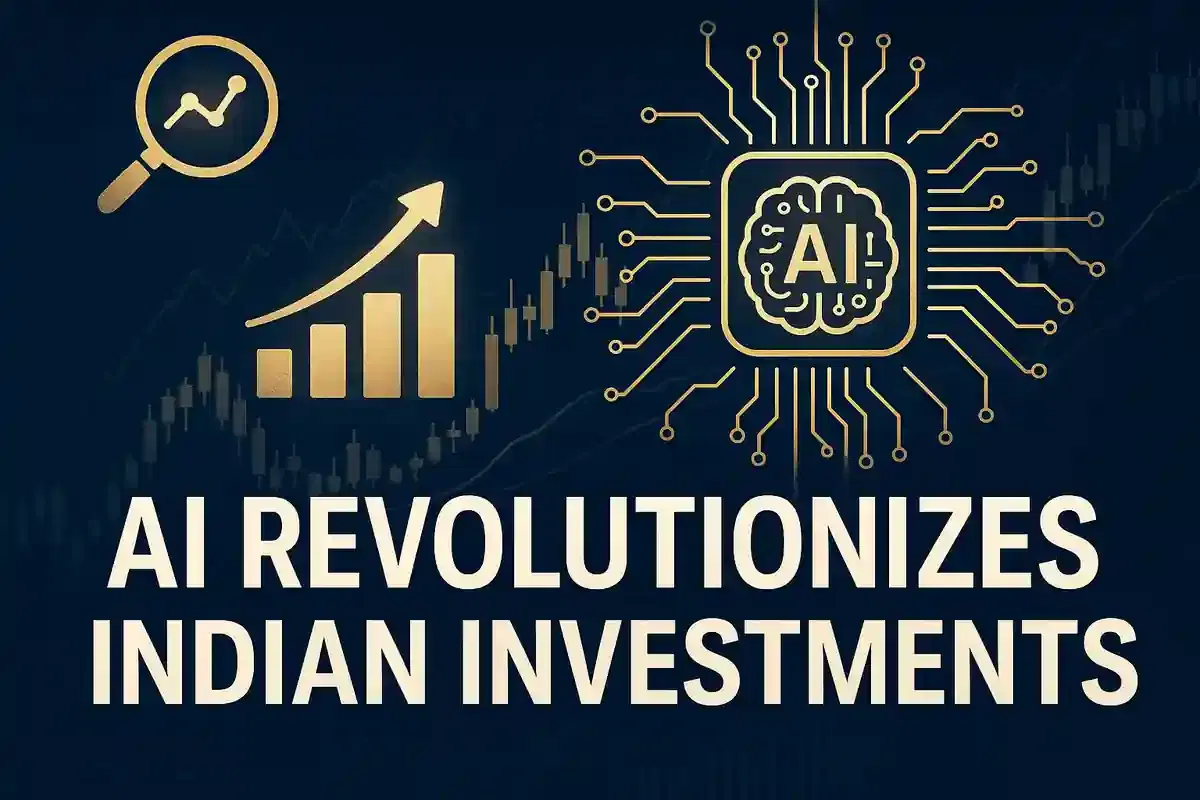AI Tools Like ChatGPT Revolutionizing Indian Investment and Personal Finance Decisions
Tech
|
29th October 2025, 1:54 PM

▶
Short Description :
Detailed Coverage :
The increasing adoption of Artificial Intelligence (AI), particularly tools like ChatGPT, is transforming how individuals in India manage their personal finances and approach stock market investments. These AI-powered platforms are revolutionizing the financial services landscape by offering quick, data-driven insights for tasks such as market analysis, understanding financial trends, and developing trading strategies.
How AI is Used: Investors are leveraging AI tools to analyze markets, learn about financial trends rapidly (e.g., understanding gold/silver price movements), receive forecasts on stock trends and economic changes, and analyze portfolio strengths and weaknesses. AI can also help assess risk appetite, guide portfolio diversification, and gauge investor sentiment by scanning news and social media.
Impact: AI tools can significantly speed up research and data analysis, enabling more informed decision-making. They can democratize access to complex financial information, helping both novice and experienced traders devise better strategies. However, it is crucial to remember that AI is a tool for information gathering and strategy formulation, not a substitute for human judgment, as these tools are still developing and may lack crucial contextual understanding. Rating: 7/10
Difficult Terms: Artificial Intelligence (AI): A field of computer science that aims to create systems capable of performing tasks that typically require human intelligence, such as learning, problem-solving, and decision-making. ChatGPT: A powerful AI chatbot developed by OpenAI, capable of understanding and generating human-like text, used here for financial analysis and advice. Fintech: Financial technology, referring to companies and technological innovations that aim to compete with traditional financial methods in the delivery of financial services. Data-driven insights: Conclusions or understandings derived from the analysis of data. Machine learning models: Algorithms that allow computer systems to learn from and make predictions or decisions based on data, without being explicitly programmed for each task. Investor sentiment: The overall attitude or feeling of investors towards a particular security, market, or the economy.